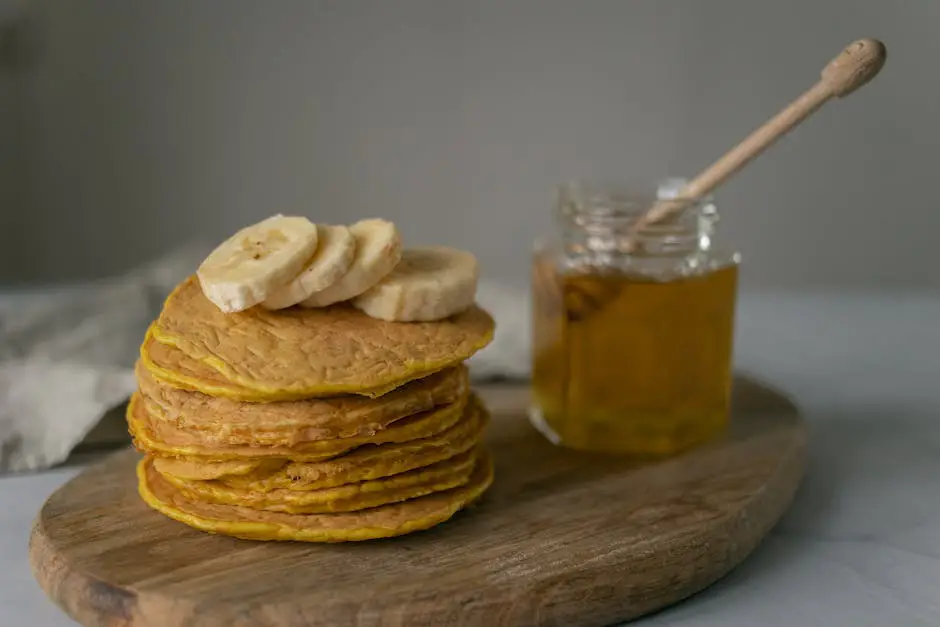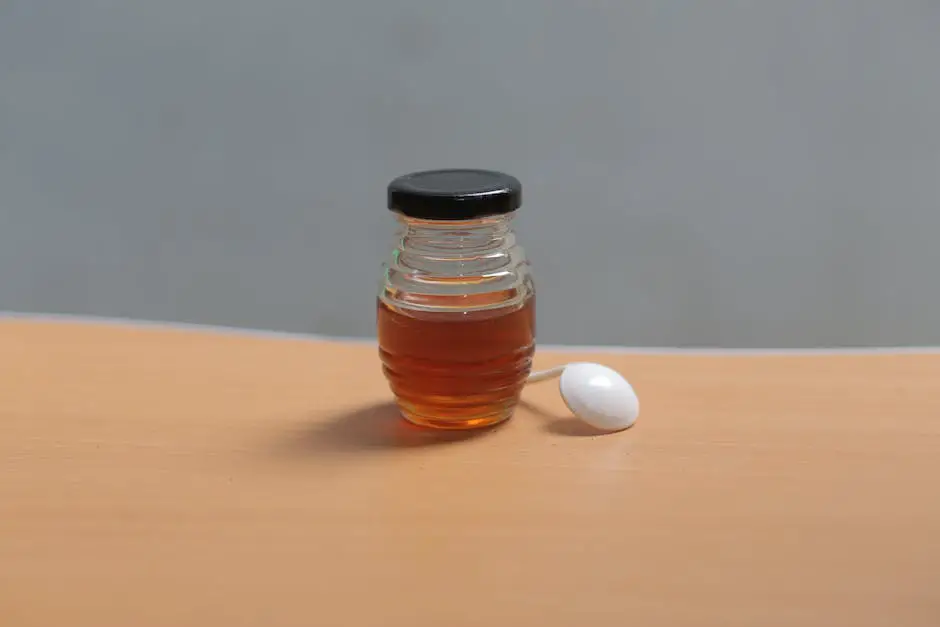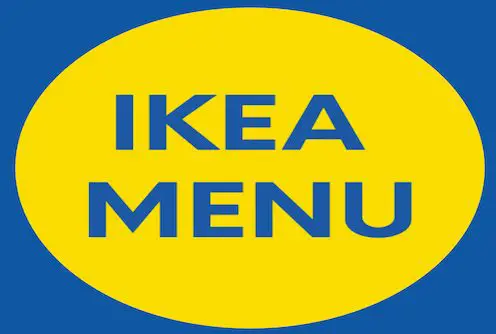Delving into the intriguing world of honey, this investigation focuses on an unusual variant that has captured worldwide attention – the Manuka honey. Found predominantly in New Zealand and Australia, this unique superfood is renowned for its extensive health benefits and culinary versatility. The rising demand has led to its exclusivity, not merely as a pantry staple but also as a celebrated product at international retailers. One such retailer keen on capitalizing on this global honey trend is Costco. From procurement strategies, supply chain intricacies, pricing dynamics to marketing techniques, this exploration seeks to throw light on how Costco has successfully directed the Manuka honey’s journey from beehive to the consumer’s basket.
Rising Demand for Manuka Honey
The Rising Star in Today’s Market: Unraveling the Soaring Demand for Manuka Honey
In the dynamic world of commerce, savvy business minds relentlessly monitor volatile markets to identify game-changing trends. Speculating on the next big sensation and understanding the force driving its popularity is the gateway to success. One emerging star in the global market has recently been turning heads in several business sectors, inviting widespread intrigue and creating an intriguing demand explosion—Manuka Honey.
Native to New Zealand, Manuka honey’s unique beneficial properties have been transforming it into more than just a sweet indulgence. Renowned for its powerful antimicrobial, healing, and overall health-boosting qualities, this premium product has been steadily climbing the popularity ladder. But it’s a confluence of factors and market dynamics that triggers the Manuka honey’s escalating demand.
A salient catalyst, undoubtedly, has been the increased consumer focus on health and wellness, intensified exponentially by the ongoing pandemic. Modern consumers no longer approach food as just sustenance but seek nutritionally dense foods that offer health-enhancing properties. Manuka honey, backed by numerous scientific studies, has emerged as a trusted companion in the pursuit of wellness, leading to an upsurge in its demand among health-conscious consumers.
This trend dovetails with the rise of the global natural and organic market, as the growing subsection of consumers seeks out ‘clean’ products free from synthetic additives. Given Manuka honey’s natural origin and therapeutic qualities, it lines up perfectly with this market trend. The combined effect has been a surge in consumer interest that smart investors are keen to leverage.
The global culinary scene also plays a role, with world-renowned chefs and food influencers incorporating Manuka honey into haute cuisine and trendy recipes. This rising tide of gastronomic appreciation not only creates fascinating market dynamics but also catapults demand.
Even the beauty industry seeks a taste of the Manuka magic, driving demand further up. Recognizing its antimicrobial and anti-inflammatory benefits, cosmetic brands are incorporating Manuka honey into their products, skyrocketing its visibility and popularity.
Lastly, rapid urbanization and increasing disposable income across emerging markets have been crucial market growth stimulators. As affluence increases, a growing section of consumers can splurge on premium products like Manuka honey, further fueling demand.
But recognizing the triggers is just half the battle won. Seizing the resulting business opportunities requires strategic foresight and quick action. Remember, in the ever-changing market landscape, understanding trends is not merely an exercise in observation but a prerequisite for innovation and business superiority.
Get ready for the Manuka moment. It’s here to change the game.

The Business Scope of Manuka Honey
Manuka honey does not only appease the palate, but it also provides considerable health benefits to consumers. Indisputably, potential opportunities in exploiting this goldmine product extend far beyond the beauty and food industries. With today’s business landscape exhibiting a trajectory towards sustainable and Health-conscious goods, Manuka honey shines as an overwhelmingly useful, untapped resource. It’s time to delve deeper into its business potential, focusing on two major industries – pharmaceuticals and tourism.
The pharmaceutical industry, often linked with controlling health pandemics and improving life longevity, has overlooked the potential of this rich golden elixir. Manuka honey possesses anti-inflammatory, anti-viral, and anti-bacterial properties, evidenced by a plethora of scientific studies. Pairing these attributes with the pharmaceutical industry could evoke an upheaval of innovative products.
The potential applications stretch from antimicrobial wound dressings to dietary supplements or even to the development of alternative medicines. Incorporating Manuka honey could disrupt traditional practices, setting new industry standards. Pharma giants can leverage the growing health-conscious consumer base who are decidedly drifting towards sustainable and natural remedies. The winning edge is not only in exploiting a novel resource but in meeting the consumers’ instinctive affinity towards natural products in the pharmaceutical sphere.
Another overlooked domain brimming with potential is the tourism industry. New Zealand, the primary source of Manuka honey, is a tourism hotspot teeming with picturesque landscapes and rich cultural heritage, which provides an opportunity for Manuka honey-based tourism.
Creating an experiential tourism landscape centered on Manuka honey could attract diverse groups. Think bee farm tourism, honey tasting events, Manuka-based spa and wellness treatments, educational tours, and even culinary experiences highlighting the use of Manuka honey. Strategizing a Manuka honey inclusive tourism model is an innovative solution that could significantly boost eco-tourism revenues considering the current trends that lean towards immersive and sustainable travel experiences.
To say that Manuka honey is just a business opportunity would be an understatement. It’s a potential revolution, a game-changer in the world of business that can cut through a plethora of sectors distinct from each other yet united by the influence of this monofloral honey. Pharmaceutical and tourism industries are mere first steps into a large, untapped arena that awaits leaders with an innovative zeal to venture. The sweet revolution of Manuka honey is just around the corner, waiting to be uncapped.

Manuka Honey Sourcing and Supply Chain
Securing the golden nectar that is Manuka honey is no simple task, yet Costco, a multinational corporation honed in strategic sourcing, manages to do so. To comprehend this capability, one must first understand the nature of this precious commodity. Manuka honey is an exceptional honey variant, sourced from bees that chose none other than the Manuka bush (Leptospermum scoparium) as their nectar source – this plant is found exclusively in the wild terrains of New Zealand and Australia. The limited availability and high demand of this honey sets the stage for Costco’s innovative and strategic approach.
On one hand, Costco employs astute long-term partnerships. It seeks out reputable, certified Manuka honey producers and entices them into exclusive contracts. This approach secures purchase priority and reduces uncertainty in the supply chain – an essential move in a market mired by supply-demand imbalances.
Engaging in Fair Trade practices is another part of Costco’s strategy. By offering suppliers fair prices, Costco not only ensures sustainability in their sourcing methods, but also motivates them to increase production without jeopardizing quality. Through these meaningful partnerships, Costco can maintain dependable relationships with suppliers, ultimately contributing to a steady stream of Manuka honey.
Furthermore, Costco emphasizes transparency and traceability. It demands its suppliers to implement state-of-the-art anti-counterfeit measures; think QR codes and lot numbers that provide consumers with all the information they need to verify the authenticity and origin of their jar of honey. This commitment to transparency only enhances Costco’s reputation, further securing its supply of Manuka honey.
Recognizing the environmental factors that affect Manuka honey production, Costco also promotes and participates in initiatives aimed at conserving the environment of Manuka bees. Partnering with environmental organizations, Costco contributes to the sustainable growth of Manuka bushes and the protection of bee population. This pushes their sustainability ethos beyond lip service and places them as responsible leaders in the industry, securing future supplies by ensuring the survival of the Manuka bees and their habitat.
To sum up, Costco’s strategy in securing a reliable and sustainable source of Manuka honey lies in their strong partnerships, fair trade practices, commitment to transparency, and environmental conservation efforts. This multi-pronged strategy, combined with their financial and operational muscle, allows them to meet consumer demand for this high-profile product. As the global market continues to recognize the potential of Manuka honey, Costco is set to enjoy the fruits of its vastly effective approach.

Costco’s Pricing Strategy for Manuka Honey
Capitalizing on its unique business model, Costco has successfully penetrated the Manuka honey market while maintaining a competitive pricing strategy. Costco’s success lies in implementing the fine balance between premium pricing and bulk purchasing – a strategy the retail giant has perfected across its product spectrum.
Costco’s pricing strategy for Manuka honey showcases its savvy understanding of price elasticity – the responsiveness of consumer demand to changes in price. Manuka honey stands out as a premium product due to its numerous health benefits and unique nature. Recognizing this, Costco implements a premium pricing strategy that aptly sits with the perception of the quality associated with this opulent honey. It’s a tactical move that sends a clear message to customers that they are purchasing a product of notable value.
However, this premium pricing doesn’t herald an expensive price tag. Costco uses its substantial buying power to purchase Manuka honey in colossal quantities. This results in an attractive volume to cost ratio, creating economies of scale that allow Costco to retail Manuka honey at prices much lower than single jar sellers could offer. Bulk-purchase drives down warehousing and distribution expenses, further trimming the overall cost.
Costco sells Manuka honey in multi-packs, and this volume-based sales approach reduces per-unit cost for the consumer, ensuring value for money while maintaining the perceived premium nature of the brand. Furthermore, multi-packs cater to consumers’ increasing preference for bulk buying, especially those looking to stock quality health products amid rising health consciousness.
Costco effectively uses a differentiation strategy, focusing less on price wars and more on offering exclusive product characteristics to attract customers. As with all its products, Costco ensures that the Manuka honey it sells meets strict quality standards – it’s raw, pure, and UMF (Unique Manuka Factor) certified. This focus on quality differentiates Costco’s Manuka honey from mass-market offerings at lower price points, allowing the retail giant to avoid direct competition with them.
Costco’s membership model adds another unique dimension to its pricing strategy. Through annual membership fees, Costco acquires a steady revenue stream that cushions any effects of slim product profit margins. This allows Costco to sell high-quality Manuka honey at competitive pricing, thus increasing customer satisfaction and loyalty.
In conclusion, Costco leverages its buying power, quality differentiation, and membership model to maintain a competitive stance in the Manuka honey market. It is through these cleverly devised and executed strategies that Costco, staying true to its mantra of “Quality goods at the lowest possible prices,” continues to dominate the retail landscape.

Marketing and Branding of Manuka Honey at Costco
Seizing on the surge of popularity, Costco has adeptly crafted a brand strategy positioning Manuka honey which sets it far from the run-of-the-mill honey offerings. In an intriguing blend of robust product knowledge, customer-focused value proposition, and astute market understanding, the wholesale powerhouse exhibits a marketing playbook worth examining.
Highly coveted for its unique medicinal properties, Manuka honey offers Costco an enticing platform to champion its mission of providing high-quality, value-rich products. Operating in a congested market sphere, Costco’s marketing strategy expertly pivots around its role as an exclusive provider of a distinct, high-quality product, thus emphasizing the exclusivity attached to Costco’s Manuka honey offering.
Central to this branding strategy is Costco’s commitment to exceeding the standards and expectations associated with the certification of true Manuka honey. This takes the form of the Unique Manuka Factor (UMF) certification, a crucial indicator of efficacy and quality. Costco wisely leverages this endorsement, thus tailoring its marketing narrative to target wellness-conscious consumers, and accentuating the premium nature of its offering.
The wholesale giant’s profitable membership model translates seamlessly to its Manuka honey marketing. Pairing the exclusivity of its product with the exclusivity of its membership experience, Costco broadcasts an elevated sense of privilege, further enticing potential consumers.
Even in pricing, Costco refuses to allow Manuka honey to be cornered as a luxury item. By marrying the concept of premium quality with bulk purchase value, Costco maintains a delicate equilibrium. Retaining the allure of a premium product while attuning to price elasticity, it ensures Manuka honey remains approachable to a broad customer base.
Crucially, Costco’s marketing and branding strategy revolves around building customer satisfaction and loyalty. This satisfaction emanates from both the quality and value proposition, helping Costco to squarely define its presence and fortify its foothold in the Manuka honey market.
Moreover, through environmental initiatives guarding the Manuka bees and by promoting transparent and traceable supply chains, Costco enhances their brand’s attractiveness on the grounds of sustainability and ethical practices.
In conclusion, Costco’s masterful marketing approach to Manuka honey navigates the tightrope between exclusivity and accessibility, harnessing the manifold benefits of Manuka honey in a perfect blend of healthfulness and value. Through adherence to quality standards, and strong customer orientation, Costco has indeed etched a formidable imprint in the Manuka honey segment. Their carefully constructed marketing strategy elucidates their keen understanding of the evolving consumer landscape, offering a blueprint for all businesses seeking to effectively position their products in the market. Indeed, their position in this niche market is proof positive of their calculated, innovative approach to moving the needle, one jar of honey at a time.

Photo by byalevega on Unsplash
Taking a step back, it’s clear how Costco’s strategies navigate the delicate balance between meeting consumer demand and maintaining affordability for Manuka honey. Unraveling Costco’s pricing mechanisms and marketing methods offers an eye-opening glimpse into the business wisdom that drives this giant retailer’s success. Ensuring a stable supply chain and having strategic relationships with suppliers strengthens Costco’s position in the market, ensuring their promise of delivering high-quality Manuka honey remains unbroken. Ultimately, Costco’s proactive approach to leveraging opportunities like Manuka honey is a testament to their commitment to value, quality, and customer satisfaction.


